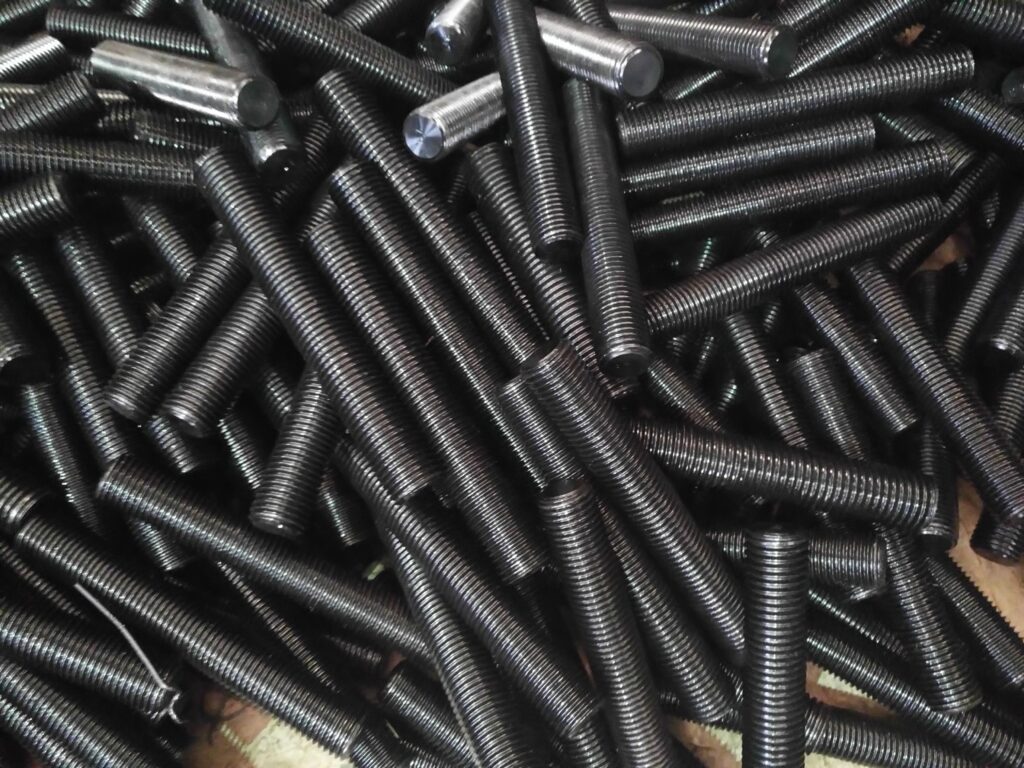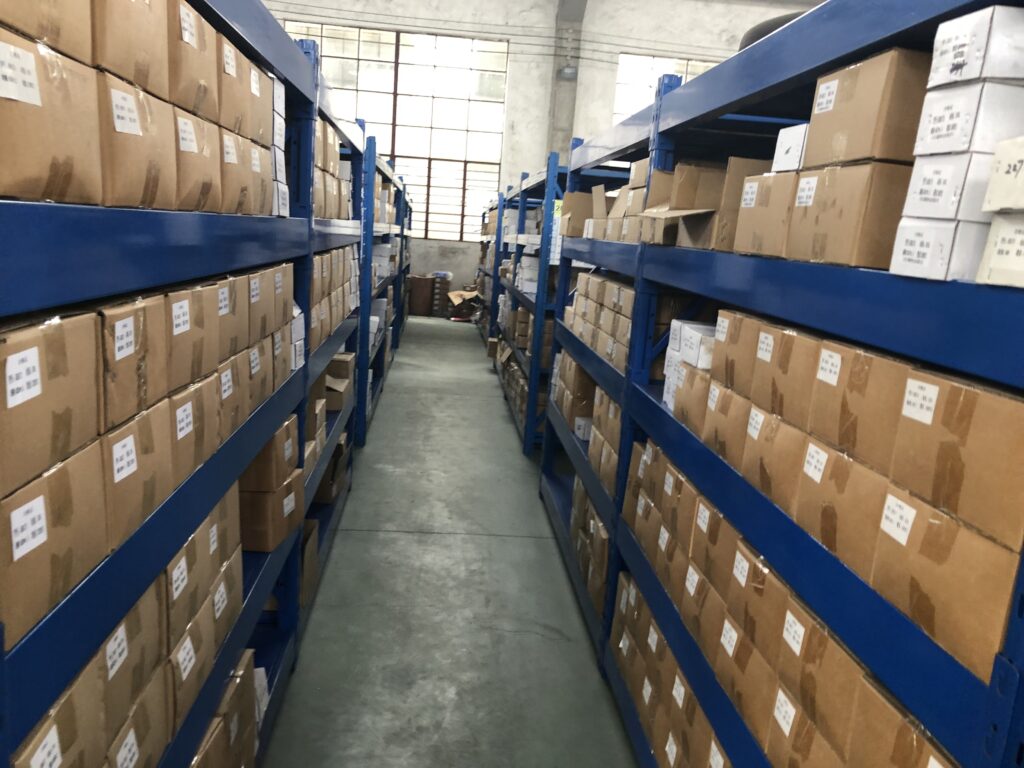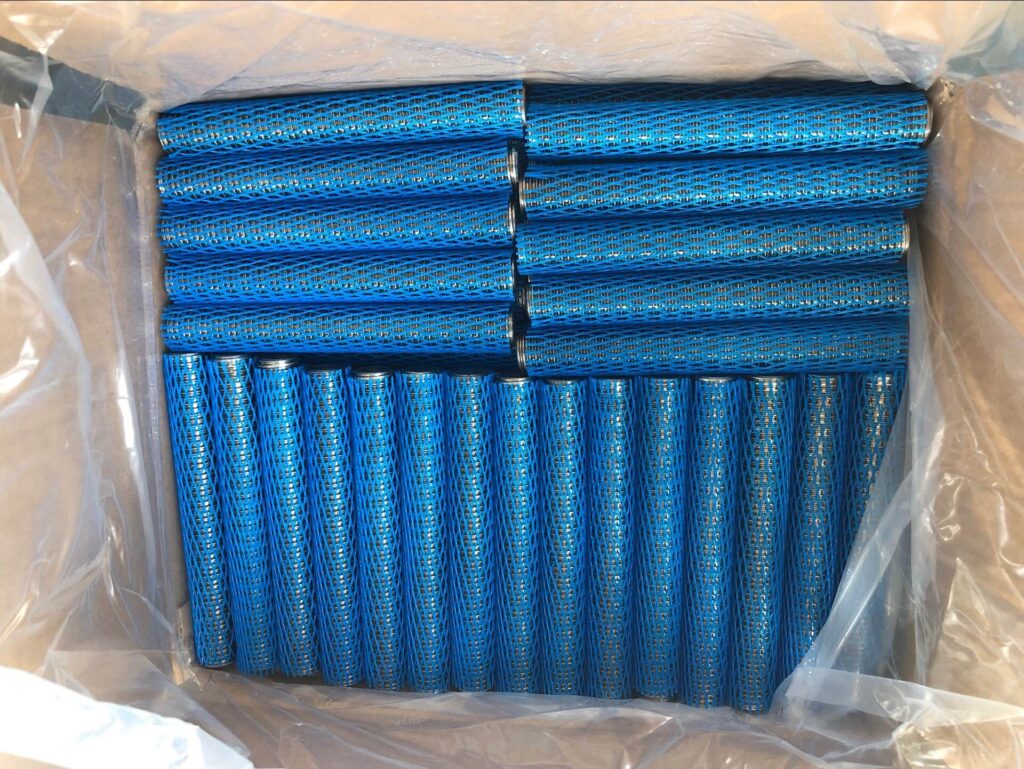Usage scenarios for alloy steel screws

Alloy steel screws are versatile fasteners that benefit from the additional elements mixed with the steel to provide improved mechanical properties. Depending on their specific compositions and treatments, alloy steel screws can offer enhanced hardness, toughness, wear resistance, and corrosion resistance compared to regular carbon steel screws. Here are some of the application scenarios for alloy steel screws:
- High-Stress Applications: In machinery or structures where components are under heavy loads or stresses, alloy steel screws can provide the necessary strength and resilience.
- High-Temperature Environments: Certain alloy steels are designed to maintain their strength and integrity under high temperatures, making them suitable for applications like engines, boilers, or turbines.
- Wear-Resistant Applications: For machinery or equipment that is subject to frequent movement or friction, wear-resistant alloy steel screws can prolong the equipment’s lifespan.
- Corrosive Environments: Some alloy steel screws, especially those with added chromium or nickel, can offer improved corrosion resistance, making them useful in chemical processing plants, marine environments, or areas with exposure to corrosive agents.
- Precision Equipment: For machinery or devices that require precise tolerances and reliable performance, such as aerospace or certain automotive parts, alloy steel screws can offer the consistency and durability needed.
- Outdoor Structures: Alloy steel screws with weathering characteristics are useful in outdoor applications where there’s a need for both strength and resistance to environmental factors.
- Safety-Critical Systems: In systems where failure is not an option, such as braking systems in vehicles or safety equipment, alloy steel screws can provide the necessary reliability.
- Electronic Devices: Some alloy steel screws are designed to provide electromagnetic shielding or grounding in electronic devices.
- Heavy-Duty Equipment: Construction, mining, or agricultural equipment often uses alloy steel screws to withstand the demanding conditions and forces they experience.
- Specialty Applications: Some alloy steels have specific properties that are tailored for unique applications, like non-magnetic properties for medical equipment or specific alloy combinations for particular manufacturing processes.
What materials are available for alloy steel screws?
In the realm of alloy steel screws, there are also specific grade classifications based on the composition and heat treatment processes used. For instance:
- 4140 Alloy Steel: A popular grade that contains chromium, molybdenum, and manganese. It’s known for its toughness, abrasion resistance, and strength.
- 4340 Alloy Steel: Contains nickel, chromium, and molybdenum and is known for its toughness and high-strength characteristics.
- ASTM A193 B7: is a chromium-molybdenum alloy steel grade commonly used for high-temperature bolting applications. It offers excellent strength, durability, and resistance to high temperatures and pressures.
- ASTM A320 L7: is a chromium-molybdenum alloy steel used for low-temperature bolting applications. It provides good strength and toughness at cold temperatures.
- ASTM A193 B16: is a chromium-molybdenum-vanadium alloy steel used for high-temperature bolting applications, offering strength and thermal stability.
In selecting the right alloy steel screw for a specific application, it’s essential to consider the specific properties needed, such as tensile strength, corrosion resistance, or heat resistance. It’s always recommended to consult with a material scientist or engineer when making these decisions.


